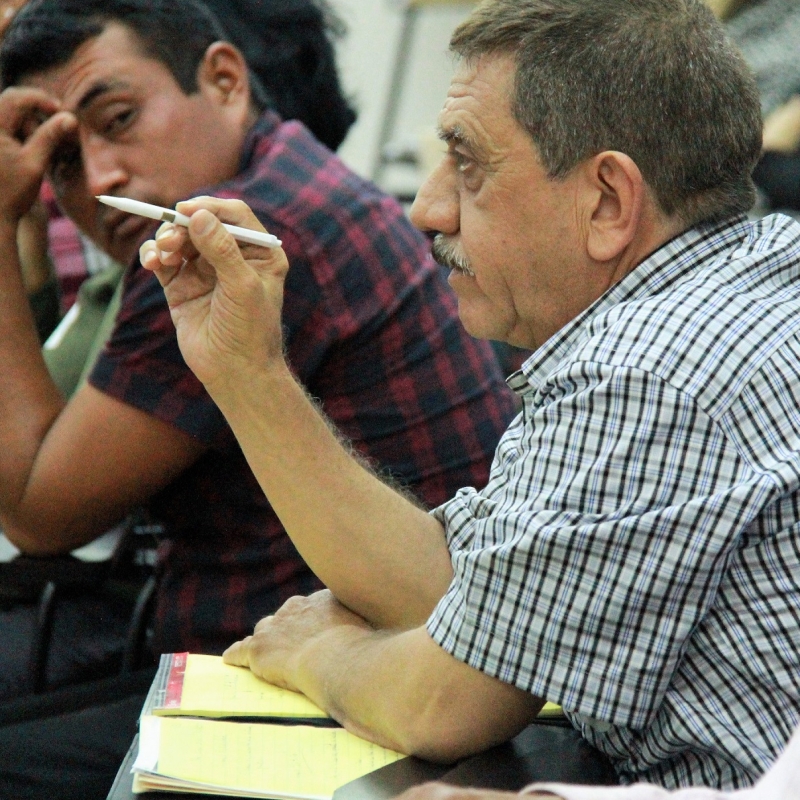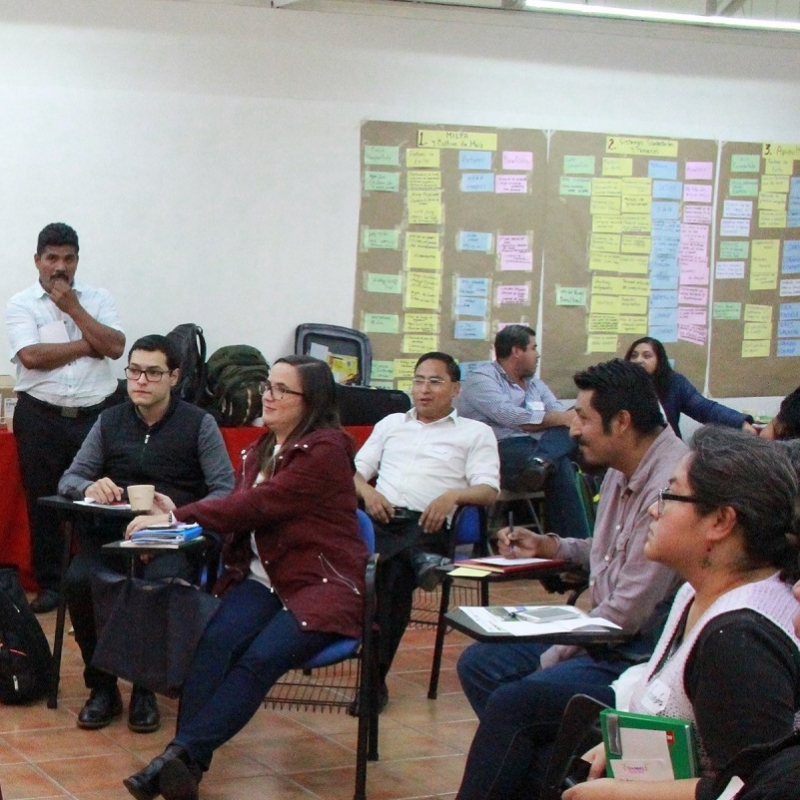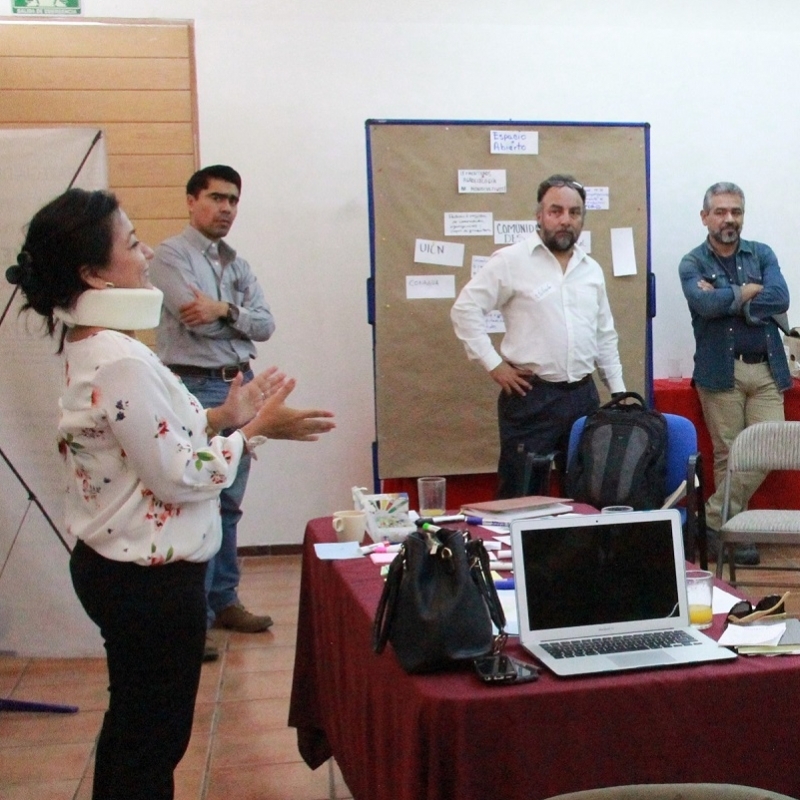The Secretariat of Agriculture, Livestock, Rural Development, Fisheries and Food, with the support of GIZ, advances in the sustainable use and conservation of Mexico’s biodiversity through improvements in the policy and governmental programs of the agricultural sector, and the exchange of experiences among producers, authorities and international organizations.
During the last decades, the changes in land use of almost 60 million hectares of forests, pastures and temperate forests for agricultural and livestock use have put at risk a large number of species, decreasing the capacity of the country’s ecosystems to ensure the supply of ecosystem services. The transformation of ecosystems poses a risk to food production and the Mexican agricultural sector, since 88 percent of the 130 plants grown in Mexico depend for their production on the services provided by ecosystems, such as pollination by insects, birds and mammals [1].
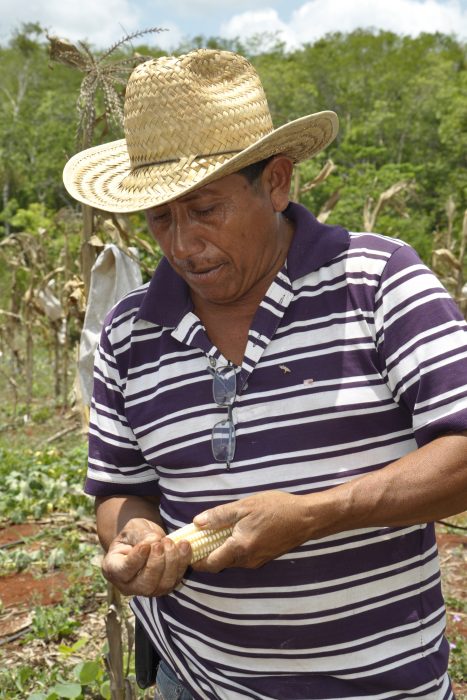
To address this serious problem, the project “Mainstreaming Biodiversity into the Mexican Agricultural Sector (IKI IBA)”, contributed to the creation and implementation of the Center for the Integration of Biodiversity of the Ministry of Agriculture, Livestock, Rural Development, Fisheries and Food (CIB-SAGARPA), which will function as a space for inter-institutional cooperation that helps to reduce the impacts of agricultural activities on ecosystems.
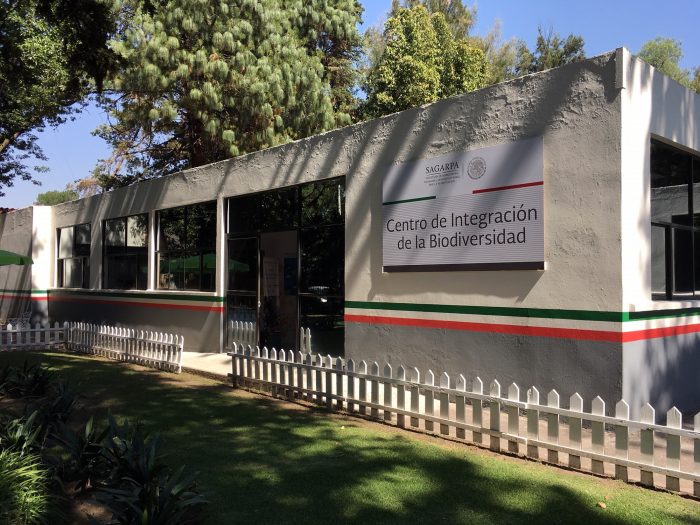
It also contributes to fulfilling the commitments of the Mexican government regarding the conservation and sustainable use of biodiversity in the productive activities of the food sector, established at the 13th Conference of the Parties of the Convention on Biological Diversity, to fulfilling the Sustainable Development Goals and to achieving the Mitigation and Adaptation Commitments to Climate Change for the period 2020-2030.
Moreover, the project organized the First National Meeting of exchange and knowledge of rural producers that integrate biodiversity in their productive activities (7th – 9th May 2018) to promote collaboration among social organizations, government institutions, academic groups and multilateral organizations.
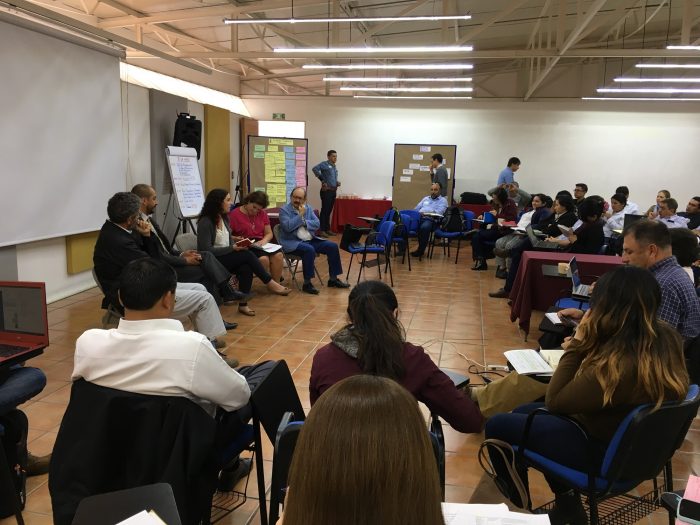
The meeting analyzed the success factors of agricultural experiences that have incorporated best practices for the conservation of soil, water, and biodiversity, in productive chains such as cocoa, corn, coffee, fruit and honey, with the objective of identifying lessons learnt and recommendations for the improvement of the national agricultural policy.
In addition, the participating institutions established direct contact with more than 30 representatives of regional producer organizations with which it is expected to promote sustainable agricultural practices and strengthen existing production chains.
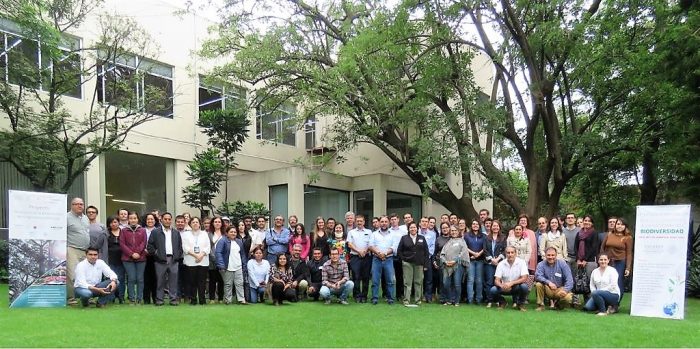
The project Mainstreaming Biodiversity into the Mexican Agricultural Sector is implemented by GIZ on behalf of Federal Ministry for the Environment, Nature Conservation and Nuclear Safety (BMU) of Germany. SAGARPA and the Ministry of Environment and Natural Resources (SEMARNAT) are the project´s political partners and the United Nations Environment Program (UN Environment) and the Food and Agriculture Organization of the United Nations (FAO) are the project´s associates.
Contact email: project.ikiiba[AT]giz.de
[1] Ashworth, L. et al. (2009). Pollinator-dependent food production in Mexico. Biological Conservation 142, 1050–1057).


